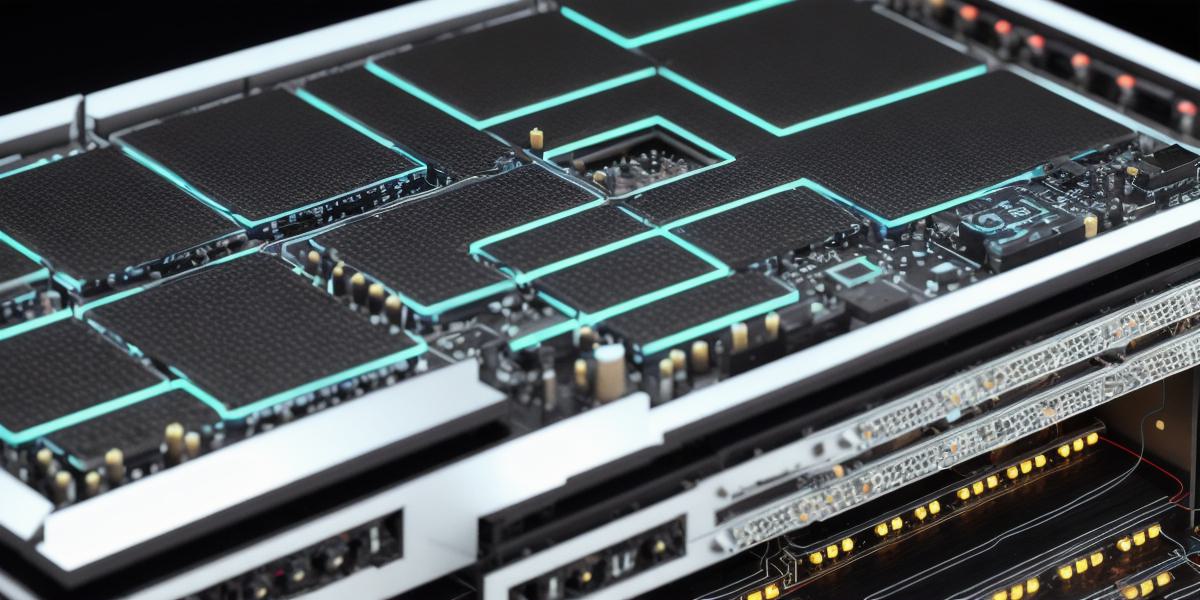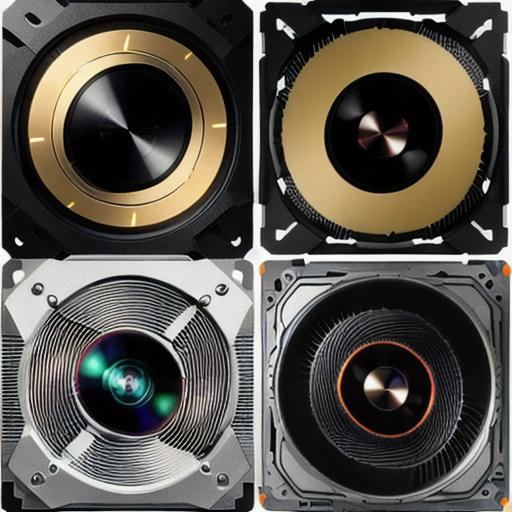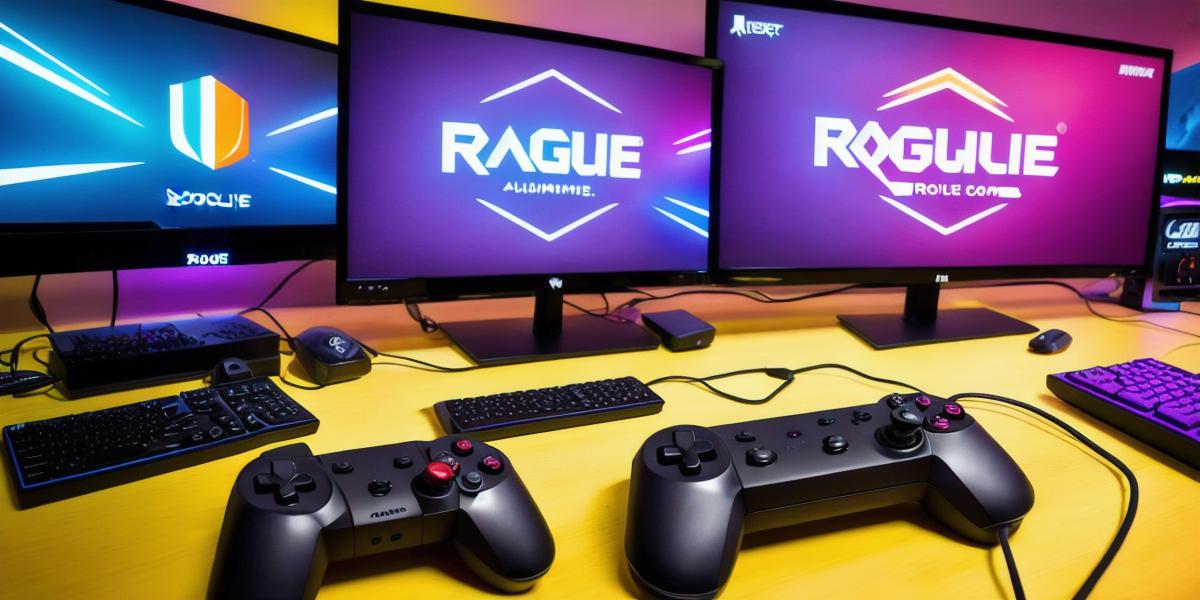
Unleashing the Power of GPUs: Essential Role in Everyday Computing
GPUs (Graphics Processing Units), initially known for gaming and animation, now power various applications from data science to video editing. Here are answers to essential questions about GPUs and their role in everyday computing.
- Definition and Comparison: A GPU is a circuit designed for manipulating memory to create images for displays. It excels at parallel processing tasks, while CPUs handle sequential operations, making GPUs ideal for complex visuals and data-intensive calculations.
- Machine Learning Significance: GPUs remain crucial in machine learning due to their superior parallel processing capabilities, reducing the time needed for model training and complex computations.

- Enhancing Daily Computing: GPUs accelerate tasks like video editing, rendering, scientific simulations, and data analysis, delivering faster results and a smoother user experience.
- Essentiality in Technology Evolution: As technology advances, GPUs become indispensable tools for diverse applications. Understanding their power can aid informed decisions on system upgrades or software exploration.
FAQs:
- Dedicated vs Integrated GPUs: A dedicated GPU is a separate chip, while an integrated GPU shares resources with the CPU. Dedicated GPUs offer better performance for demanding tasks.
- General-Purpose Usage: Yes, GPUs can be used for general-purpose computing, including scientific simulations and machine learning applications.
- System Compatibility: Check your system’s specifications to determine if it supports a GPU; most modern systems do.
- Popular GPUs: NVIDIA GeForce and AMD Radeon are popular brands in the market. Choices depend on budget, performance requirements, and compatibility with other hardware.











